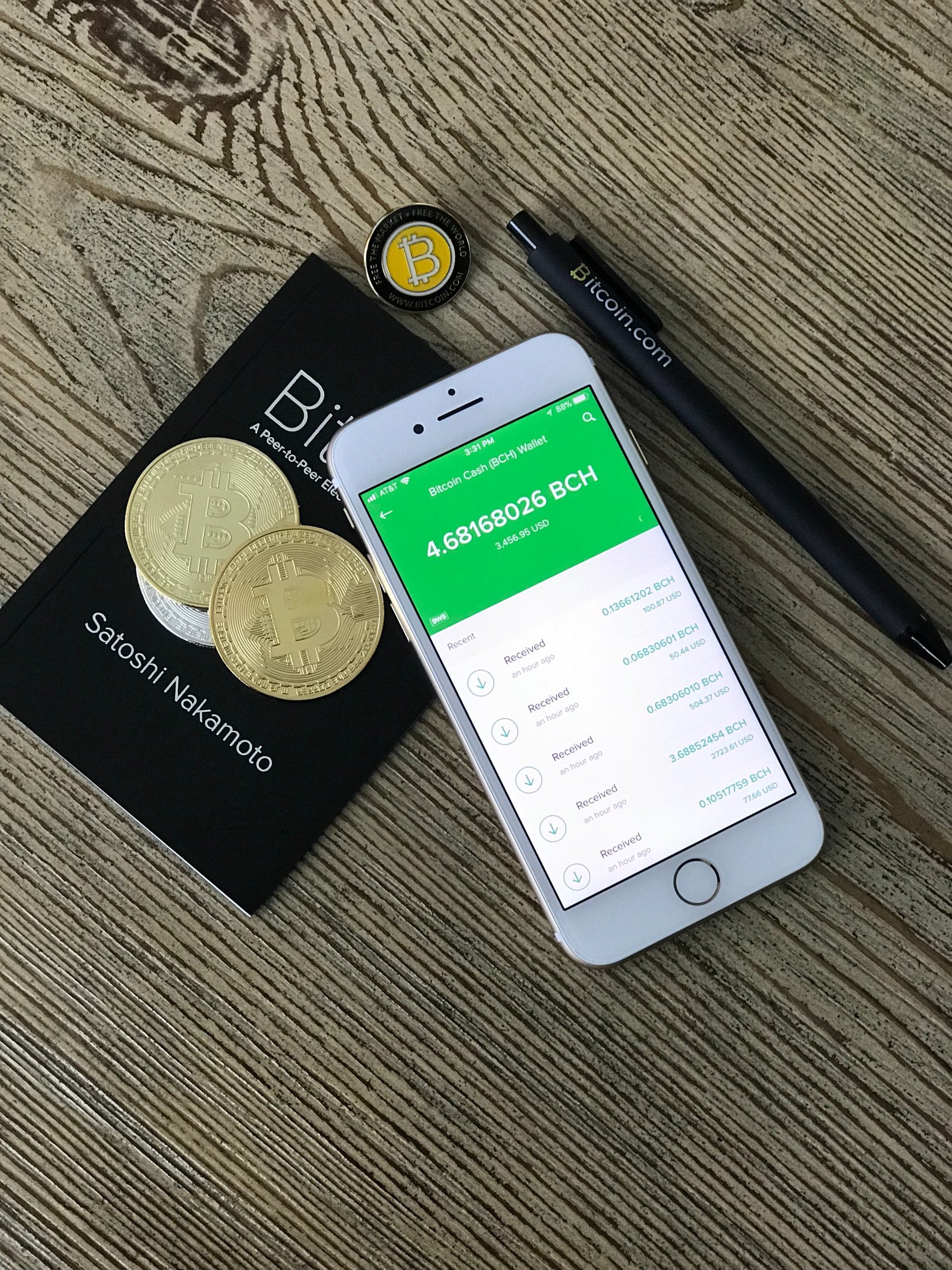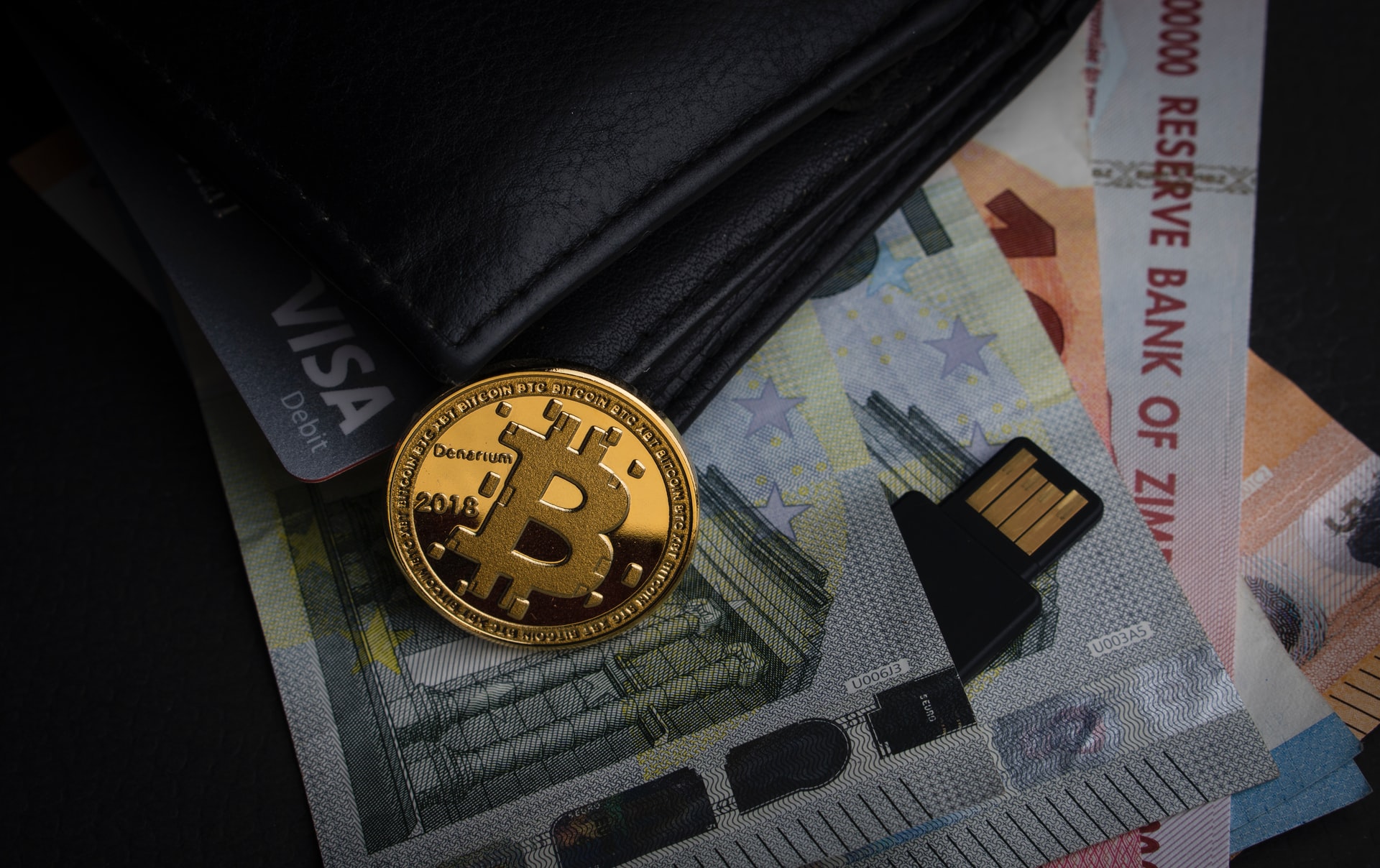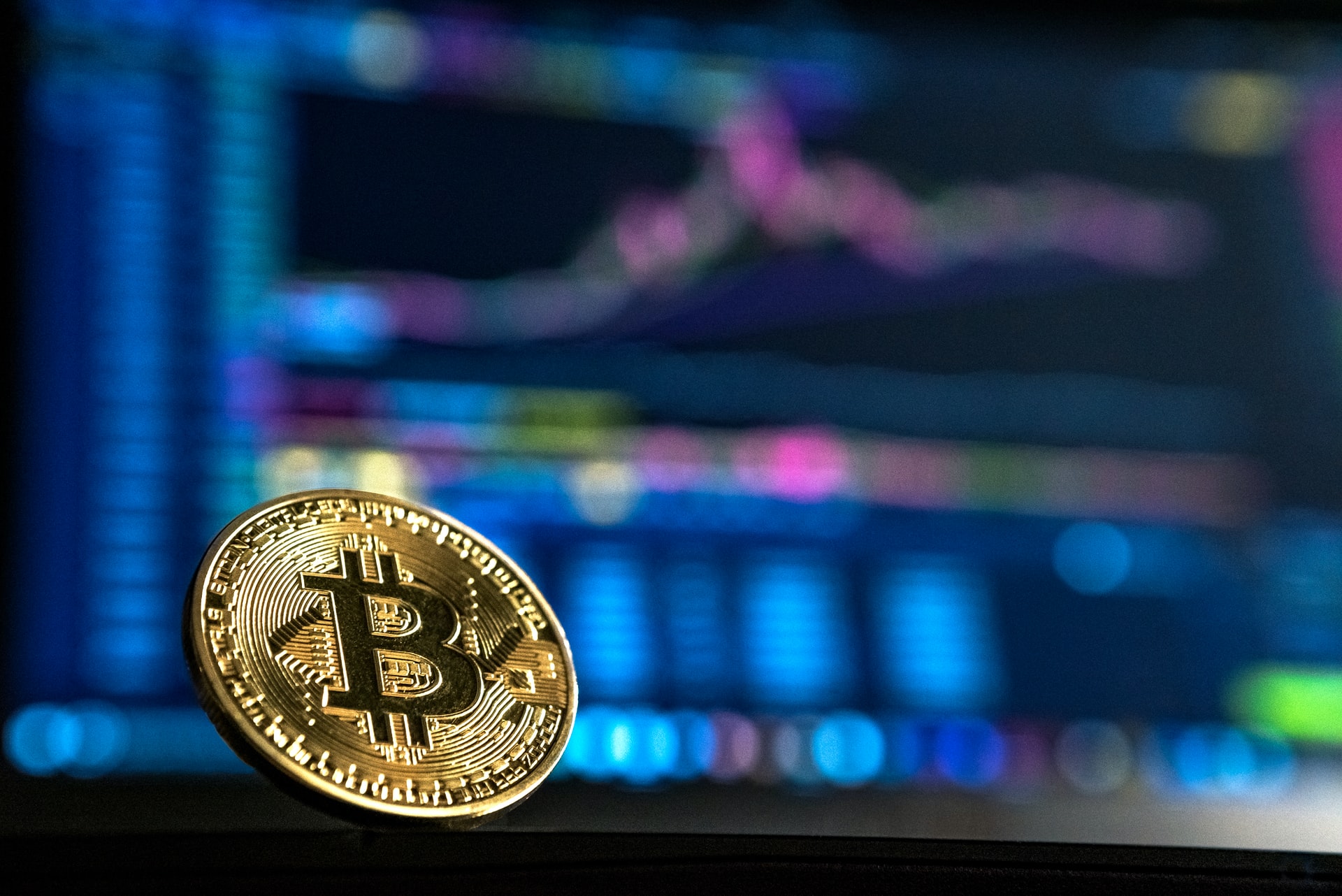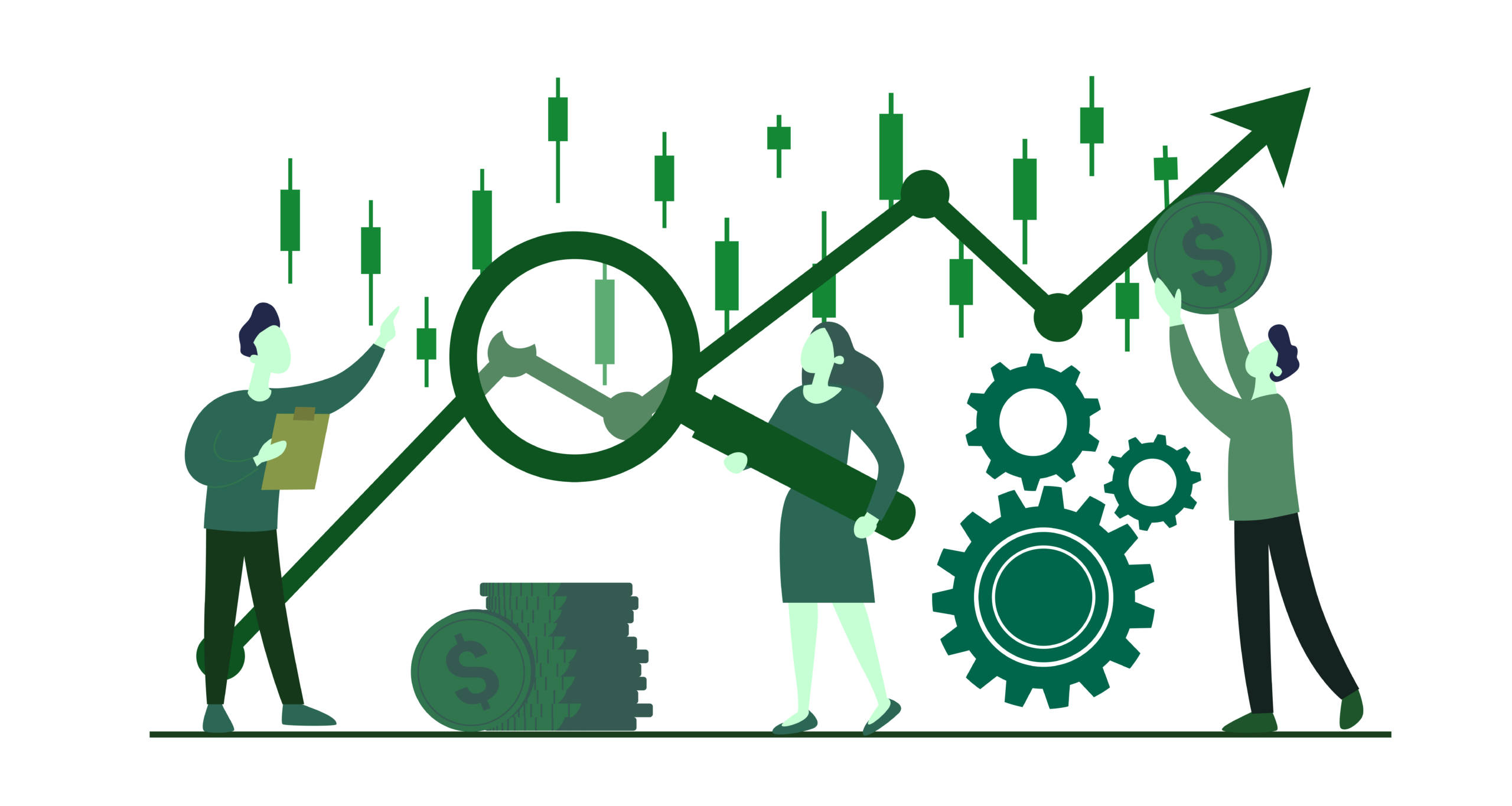The way we see and use money has changed drastically, and we’ve come a long way since the barter system. More and more of us, Gen Z and Millennials, are using less and less physical money and are more likely to use our cards or internet transactions to pay for our bills. With the advent of technology, we are more and more in tune with technology, and it has become one with us. Bitcoin or cryptocurrency are gaining in popularity these days, and people are investing in them, but apart from their names, how much do you really know about Bitcoins. Fear not because we are here to help you discover what Bitcoins are and their impact on our planet.
What is Bitcoin?

The identity of the person who created Bitcoins is still a mystery. It was created in 2009 and is a decentralized form of digital currency and follows the ideas that were set by the pseudonymous Satoshi Nakamoto and his idea of white paper. This specific cryptocurrency offers a promise of lower transaction fees compared to traditional online payment mechanisms do. In addition, it is operated by a decentralized authority which is the opposite of government-issued currencies. It is kept secure by cryptography, and this is why it is known as a cryptocurrency. Unlike dollar bills, there are no physical bitcoins, and only their balance is kept on a public ledger that everyone can have access to. Bitcoin transactions are verified by a massive amount of computing power, a process known as mining. Bitcoins are not issued by any banks or governments, and they are one of the most popular cryptocurrencies on the market. Currently, there are about 15 000 different cryptocurrencies on the market, and there are over 400 exchanges that exist worldwide.
The flaws of cryptocurrencies
Bitcoin and other cryptocurrencies alike have some major flaws, and the mining process is highly energy-intensive. Here are some of these flaws:
Energy consumption

The mining of Bitcoin uses about 122.87 terawatt-hours of electricity every year, and this is more energy than the entire countries use. The mining of cryptocurrency uses more energy than the United Arab Emirates, Netherlands, and even Argentina. According to a study conducted by Digiconomist (which is a cryptocurrency analytics site), to mine a single cryptocurrency, we need to use 2.106.37 kilowatt-hour of electricity. This number equates to the amount of power that the average America Household uses in about 72 days. The Ethereum network, according to the Digiconomist, uses or requires an estimated 99.6 Terawatts-hours of electricity to run annually, and this is more energy than the Philippines or Belgium uses. One single Enthereum transaction consumes about 220.5 kilowatt-hours of electricity, approximately about the same amount of power an average American household uses in 7.44 days. The energy demand to mine cryptocurrency is predicted to increase in the coming years as crypto increases and mining efficiency decreases.
Bitcoin mining produces about 96 million carbon dioxide emissions annually, which equates to the amount of carbon emission generated by some smaller countries. Mining for Ethereum also produces more than 47 million tons of carbon dioxide emissions every year. Studies conducted by the University of Cambridge report that 35% of most Bitcoin mining in 2021 took place in the United States. This is detrimental to the environment because the US gets most of its electricity from burning electricity. Interestingly enough, the study conducted by Cambridge University also discovered that renewable energy sources powered 39% of proof-of-work mining. It should also be noted that the mining of cryptocurrency also generates an insane amount of electronic waste because mining hardware becomes obsolete quickly. According to the Digiconomist, the Bitcoin network alone creates approximately 30 thousand tons of electronic waste annually.
Sound off in the comments section below and tell us if you want to read more about Bitcoin or cryptocurrencies and their impact on the environment.



